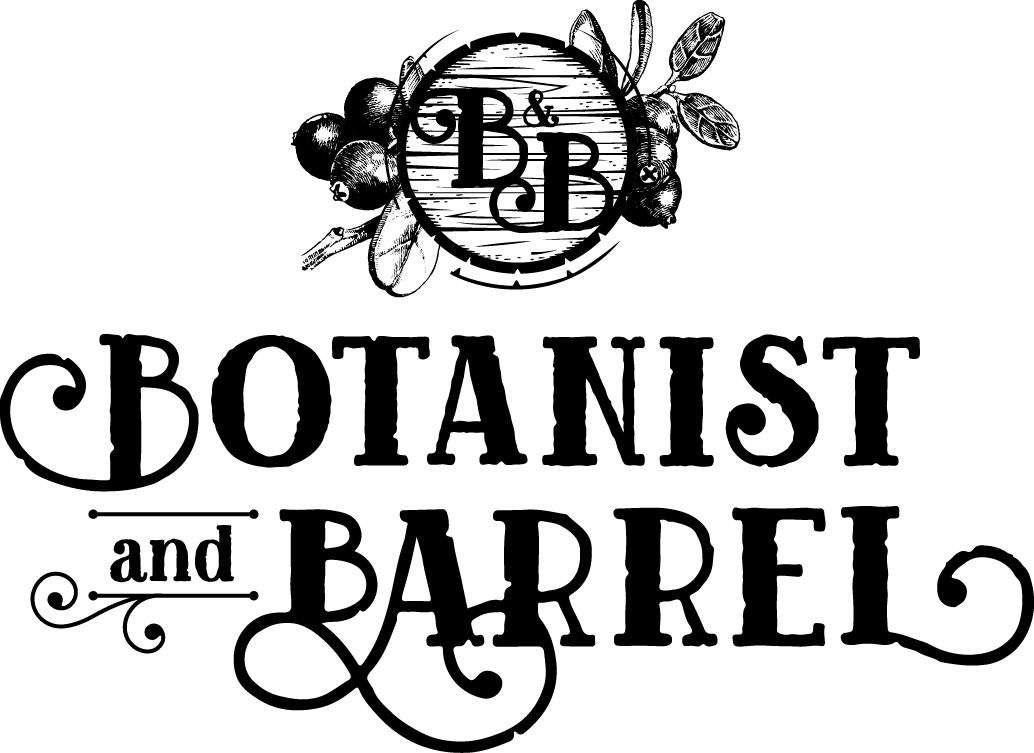The Dirty Truth Behind Beverage Festivals (And Why We’re Speaking Up)
The Dirty Truth Behind Beverage Festivals (And Why We’re Speaking Up)
There’s a lot going on in the world — and we know wine, cider, and beer festivals aren’t exactly on the frontlines of global crisis. But if you care about local agriculture, small farms, and independent makers, then this conversation does matter.
Because behind the scenes of your favorite beverage festival? The current pay-to-play model funnels resources to the top and keeps the biggest players in control.
Let’s be real: pulling off a wine and cider event isn’t easy. It takes vision, logistics, wrangling, marketing, and passion. We’ve thrown our own festivals. We get it.
But here’s the part most folks don’t see: small producers — the farmers, fermenters, and hands-in-the-dirt people who make the drinks you love — are often asked to pay to be there. Pay to pour. Pay to work the event. Pay to give our product away for free.
Recently, we had a conversation with a festival organizer who proudly claimed to be “supporting local farms and producers.” When we brought up the need for compensation or direct sales to make participation sustainable, we were told it’s not sustainable for them to do that. The assumption here is that they know what producers need more than the producers do themselves, and that does not vibe with us. Let that sink in.
There’s a word for that — and it’s not “support.”
The truth is: small producers are not marketing budgets. We are people. Farmers. Winemakers. Fermenters. Business owners. And when events ask us to pay to pour, they are shifting the entire cost of the festival’s flavor onto the backs of the people who can least afford it — while benefiting from our product and story.
It’s not sustainable. It’s not ethical. And it’s okay to say no.
We love festivals. We love community. We love gathering to celebrate flavor and craft. We also host dozens of vendors at our own farm events each year — and we do not charge vendor fees or take a percentage of sales. Our focus is always on community building and mutual benefit.
But we also believe that celebration should never come at the expense of the people who create it.
So here’s our ask — to fellow producers: set your boundaries. Know your worth.
And to festival organizers: evolve. Build better models. The future of indie food and drink depends on it.
We also recognize that some festivals operate as true community builders — part tasting event, part knowledge exchange — with low ticket prices and a focus on connection over commerce. Sometimes, these festivals simply don’t have the resources to purchase product — but we know they would if they could, and their values still show. Those are the ones we show up for when we have the resources to, because they invest in people, not just profit.
We wrote this email template — and we’re sharing it publicly in hopes that it empowers other producers to stand their ground, and helps consumers understand what really goes into showing up at a festival:
Hi [Organizer’s Name],
Thank you so much for reaching out and for the opportunity to be part of what looks like a truly special event. We really appreciate the invitation and your effort to include [Insert City or Region] producers in a meaningful way.
That said, we want to share a bit about how we approach events like this. As a farm-based winery/cidery that grows its own fruit — and yes, we grow and harvest — we take great pride in the hands-on, sustainable work behind every bottle we produce. Wine and cider are agricultural products, and we believe strongly in fair compensation for farmers and producers. We pay our team fairly, and the only way we can continue doing so is by ensuring that events we participate in allow for direct sales or provide equitable compensation.
Paying to participate in a festival while also giving our product away for free simply isn’t sustainable for small producers like us. While we absolutely value the power of marketing, after [insert number] years in business, we’ve found that the return on investment for most sponsorship-based events rarely justifies the cost — and often leads to festivals being dominated by larger corporate brands that can afford to pay for exposure.
Because of this, we have a [insert $$$ amount] minimum purchase requirement for off-site festival appearances. We understand this may differ from traditional sponsorship models, but we believe it’s a step toward more ethical and sustainable partnerships that truly support independent makers.
We’d be happy to explore a partnership if your team shares this commitment to fair and sustainable practices. If not, we completely understand — and hope you’ll consider evolving your model in a way that better supports the small producers who help make these events so special.
